Fox News is known for its opinion shows, but one of its most successful hosts is chief political anchor Bret Baier. And his influence is only growing.
Ratings are strong for his “Special Report with Bret Baier,” and in recent months, he’s interviewed top Trump officials like Elon Musk, Treasury Secretary Scott Bessent and Vice President JD Vance, as well as top foreign leaders who want to make their case to his right-of-center audience.
Oh, and don’t forget Baier’s regular sit-downs with the president himself.
In an interview forthe Playbook Deep Dive podcast, Baier talked about the state of the media in Donald Trump’s new Washington, and how to build trust with the public. He also discussed what it’s like to play golf with Trump and why he takes off-the-record calls from the president.
“Any journalist would welcome just to know where his head is,” he said. “Depending on where the day’s going, it’s a good thing to have a blueprint of what they’re thinking about.”
Baier also talked about how he approaches interviews with the president — “I tell them up front that this is going to be tough, but fair” — and what he’s expecting on Trump’s first foreign trip since returning to the presidency.
This conversation has been edited for length and clarity by Deep Dive Producer Renee Klahr and Senior Producer Alex Keeney. You can listen to the full Playbook Deep Dive podcast interview here:
Trump not only has changed everything about how so much of government functions, but also the media, right? What has happened in your eyes to the press since the beginning of the Trump era?
Well, Trump One, there was a lot of focus on the Russia investigation for months and months. That dominated news cycle after news cycle. And it affected the way the president dealt with the press and the way the White House dealt with the press.
And I think that there was a push-and-pull there based on that story. Arguably we missed some other big things about Trump One. I always say that the story above the water is sort of like an iceberg that you could see and that everybody was focused on. But below the water, there's also a big iceberg that they're trying to change Washington in their own way. They weren't really that successful in the big change, which led to a loss in 2020. But after four years, I think Trump Two had four years to plan what they wanted to do. Which is why this shock and awe executive order blitz happened at the beginning. I think that they're getting about the lower part of the iceberg more day-to-day. We'll see if they're successful in what they want to try to do.
Do you think his relationship to the press has changed between the first administration and the second administration?
Yeah, he was open, but he wasn't as open as he is now as far as taking adversarial questions, taking questions pretty much every day. He's had so many Q&A sessions or sprays in the Oval Office. That could be 30, 40 minutes of a Q&A that's ahead of a news conference. And this White House, in that session, is making a ton of news by what he says. All of that is news throughout the day. It changes my show five or six times before I get to six o'clock.
I don't envy the folks putting together your rundown.
Yeah, we rip it up many times — right about five ‘til six. But I think he's different. He's more comfortable in his skin. He's obviously doing bigger, bolder things. Not that they're very popular, as we're seeing. But he's holding to what he campaigned on and in his mind, doing what he wants to do, I think.
You mentioned that some of them aren't so popular. He's in a risky place with his trade policy right now. What do you think could be the downside to that? Do you think he's in danger?
Well, listen, people don't like looking at their 401ks if they're retiring and seeing it shrink dramatically. They don't like a slowdown in this quarter of GDP, a shrinkage of the economy for the first time in three years. They don't like it. And it obviously comes with a reverberation, like “What's going on? Is this thing going to work out? Are these tariffs going to pan out?” I know the ultimate goal is to rebalance and shift the paradigm in the world, and bring manufacturing back to the U.S. That's a long time, and in the short term, there could be some pain.
Fox News is often known for some of its more conservative, opinionated voices. That is not the lane that you own. How do you navigate being under the Fox News umbrella, but sort of owning this lane that is more straight journalism?
Well, a couple of things. One, I've done it for 27 years and it's been the same umbrella and it has been the questions. A lot of people paint with a broad brush about our opinion shows. And I tell people to watch my show three times and drop me an email or a post on X or Instagram or TikTok and say what you think. So most people go through that, they come back and say it was fair on the news. When I took over for Brit Hume 16 years ago, which is hard to believe, he said three things: The show is not about you, the show is not about you and let the news drive the show. So that's where my goal is.
I don't know if it was because of Trump or if Trump was a byproduct or a symptom of it, but everything that you just said, a lot of reporters have started to do the opposite. It has become a lot about opinion or ideology. And look, there's a business model there, too.
And now we're in this environment where it's really hard for people to discern what is news, what is opinion, who to trust, who to listen to — that's been eroding. So how do you think we can try to carry that mantle and not just let that part of our business survive, but thrive?
Well, first of all, let me say that the opinion people do an amazing job of what they do. And they have opinions and they clearly express them. I do a different thing. I think if you build it, they will come. And that's really the mantra of our show.
We say, "We report, you decide." We'll tell you what this senator is saying. We'll tell you what Democrats, Independents, Republicans are saying. You make the decision how you feel about it. We're not going to tell you whether it's good, bad or indifferent. You make that decision. And story choice, how you go about that, all makes a difference in especially how Middle America views the media. Unfortunately, our business has taken a real hit and I think trust took a hit over the past eight years.
When it comes to President Trump and his expectations for an interview with Fox News and an interview with Bret Baier, how do you navigate that relationship? You've had some friendlier interviews, you've had more combative interviews. What is that relationship like?
Anytime I go into an interview, I tell them up front that this is going to be tough, but fair. He's going to have an opportunity to answer questions and say what he wants to say but I'm going to press him on things. Now you say friendly interview — the Super Bowl interview was a little different environment in that it was the Super Bowl, so I had to ask questions about the Super Bowl and other things, but at times push back about his thoughts about the economy and where it stands and what his policy was going to be. The interview before that he described as nasty, but he got over it.
He still takes your calls?
Yeah, he does. Listen, I think that off-the-record conversations with the president of the United States — any journalist would welcome just to know where his head is. Day-to-day, depending on where the day's going, it's a good thing to have a blueprint of what they're thinking about.
Speaking of off-the-record conversations, you've played golf with President Trump. How often has that happened?
It's a handful, maybe more than a handful of times. He's a good golfer and I played in college, so I think it fits.
Do you let him win? How does that work?
I try not to, I really do. But it's a great time to be able to not only play golf but at times ask questions about what he's thinking about X, Y, and Z and just be open to listening to that. I think anytime that you have access like that, any journalist should take it and welcome it.
You do have him lashing out at members of the media, some of your own colleagues and certainly with the AP. You were pretty outspoken in pushing back in defense of journalists when he banned the AP. How do you thread that needle? And do you think banning news outlets could potentially backfire and actually be a bad thing for this White House?
One hundred percent and I've said that both publicly and privately. I don't think it's a good thing. I don't think it’s good for precedent. I do not think that you want any administration steering what news organizations editorially can do as far as their access in a pool. The AP has obviously been around since the beginning of time.It's not really a thread the needle thing. I think there are certain things where you have to weigh in and you have to say: “This is what I believe.”
Who do you think is to blame for the lack of trust in the media, for the loss of trust in the media?
Well, the media. I mean, we went after collectively, and I say broadly, stories that didn't pan out and went overboard on covering some of it. And then at times wore opinion on their sleeves in news programs that really don't fit under the opinion umbrella. We talked about the opinion shows on Fox. There were times where I would watch what I thought was a news show on other channels that became very opinionated and pretty one-sided.
Do you think Trump had any role to play in that though, in the loss of trust?
Of course, yeah. He kind of broke the system and maybe that was part of his M.O., what he wanted to do. But Middle America didn't trust what they were getting from a lot of the media and you saw that even in polls of the election that suggested he was going to lose up until the last minute. You know, there were a lot of people that just didn't buy in.
Do you think that there's a danger now of over-correcting, too? You got some criticism for your interview with Vice President Kamala Harris. Some people said you were much harder on her than you were on Trump or on Elon Musk. What do you say to that?
Well, I'd say the environment. I think that the vice president was coming in ready to engage like that. I heard that from her folks afterwards that they were happy that that was the M.O.
You were responding to the vibes you were getting, you're saying?
Yeah, a little bit. And some of the answers were really interesting on items that I thought clearly they knew I was going to ask, about illegal immigration and the number of people coming across the border. And the answer was, “Well, we need this comprehensive bill.” And I just went down methodically about, “Well, couldn't you do by executive order a number of different things?” And she kept on coming back to the comprehensive bill and they've done all they can do. Obviously, that is not the case right now with the numbers we've seen on the southern border.
We're watching Eric and Donald Trump Jr. right now making a lot of business deals around the world. Is that something that the media should be looking at just as hard as what Hunter Biden was doing?
One hundred percent. And if you're going to play it one way, you've got to play it another way. And you've got to cover all of those things. I think there are real questions about how that works, what access looks like. And I don't think there is a lack of coverage or questions about that. But the Hunter Biden thing was another one of those moments where, "This is all fake. Do not cover anything about this computer or this laptop. It's Russian disinformation and here are 51 former intelligence officers who say it has all the markings of Russian disinformation." And then President Biden goes to the debate stage and says the intelligence community says it's Russian disinformation.
That was another one of those moments where Middle America said, "Wait, wait, wait. You just told me this is totally false. And yet now, a year later, it's true and you're doing front-page stories about it?" That's one of the trust things.
One thing that's saddened me in TV and media in general is conservatives tend to go on these programs and liberals tend to go on these programs, and I think that's just not healthy for a democracy. Is it hard for you to sometimes get Democrats on your show?
No. This week, we're going to have Sen. Bernie Sanders on "Special Report."
You were ready for that one.
I wasn't planning to book this because of this podcast but it just so happened he's coming on. He's come on numerous times. We did town halls with Democrats, Hillary Clinton, Bernie Sanders, a number of the primaries.
How important is it to see those in power run the gamut of media?
I think it's really important and it's great for democracy, it's great for voters. It's great to hear different questions from different points of view. And I think that's really good. I do this thing called “Common Ground,” where I bring Democrats and Republicans together to talk about what they're working on, as opposed to what they are fighting about. We talk a little bit about what they're fighting about but we then eventually get to what they're working on together.
We started it about two years ago. And at first, people were saying, “How are you going to get them to come together?” And the first ones, we did it and suddenly it was like a stone going down a mountain, kept on gathering and getting bigger and bigger and bigger. And now we take calls from ranking members and chairmen. And I've had strange bedfellows, [Rep. James] Comer and [Rep. Jamie] Raskin come on together. I think there's a way. to talk about things and we don't often do that because in the media obviously we're looking for the thing that drives people apart.
You're defying all kinds of expectations. People say TV news is dying, your ratings are going up. People say you need conflict to get ratings, you're finding common ground for ratings. Before I let you go, you're going to the Middle East with President Trump. What are your expectations for that? What are you hoping to learn from that trip?
Well, first of all, every time you go to a foreign land on a presidential trip, it is quite something to see. I was on the last Middle East trip in Saudi Arabia. All of these countries obviously roll out the red carpet, they know how President Trump operates and it's interesting to view.
This trip, I'm looking to talk to the leaders in those countries. We're working to line up each one, Saudi Arabia, Qatar and UAE. And then I'm looking to talk to the president at the end of the trip before he goes back to see exactly what he thinks about it and what he got out of it. I think a lot's going to come around on the Saudi trip. They have a lot on the table that's being negotiated right now. And my last time there, I interviewed the Crown Prince, MBS, and it was a big, big interview, his first interview with Western journalists and I think that that's going to bode well for this trip.
What do you think is at stake for President Trump here?
There are a lot of balls in the air. You know, there's Gaza, Hamas. There is Iran, the Houthis with this announcement that they're tired of fighting. That's a big, big deal. The biggest thing is if on Ukraine and Russia, somehow Putin shows up in Riyadh and there is a big deal for a longer cease-fire. So, think about all the foreign policy balls that are in the air, that's a good time to be on a trip.
Really quickly on Ukraine, President Trump promised on the campaign trail he was going to solve that, maybe even before Day One. It looks like he's getting impatient with it. He's threatened to walk away if the sides don't come together. What is at stake for him there?
A lot. The picture of the president with President Zelenskyy in the Vatican was a really iconic shot. But the other iconic shot, obviously, was Zelenskyy getting kicked out of the White House and he came to “Special Report” right after that and did an interview. I don't think he would have done that had I not gone to Ukraine the year before and been on the front lines to do an interview about the war.
Listen, foreign policy takes time but for the president, there's a lot on the line because I think he thinks of himself as the biggest dealmaker in the world. And he may be, but some of these deals need to come together, not only on trade but on stopping wars.
And my final and perhaps most important question, Bret. You have been to the White House here in Washington, D.C. You have also been to what's been dubbed the Winter White House, Mar-a-Lago. Which one's better?
Ah, the weather's better in Mar-a-Lago but there's nothing like the White House. Being in the Oval Office, every time I used to walk in there and be positioned to ask a president and a world leader a question, I always pinched myself. Think about all the things that happened in this room, the decisions. It's a real honor to cover politics at a time when people pay attention to politics and when people are paying attention to the world.
Listen to this episode of Playbook Deep Dive on Apple, Spotify, YouTube or wherever you get your podcasts.
.png)



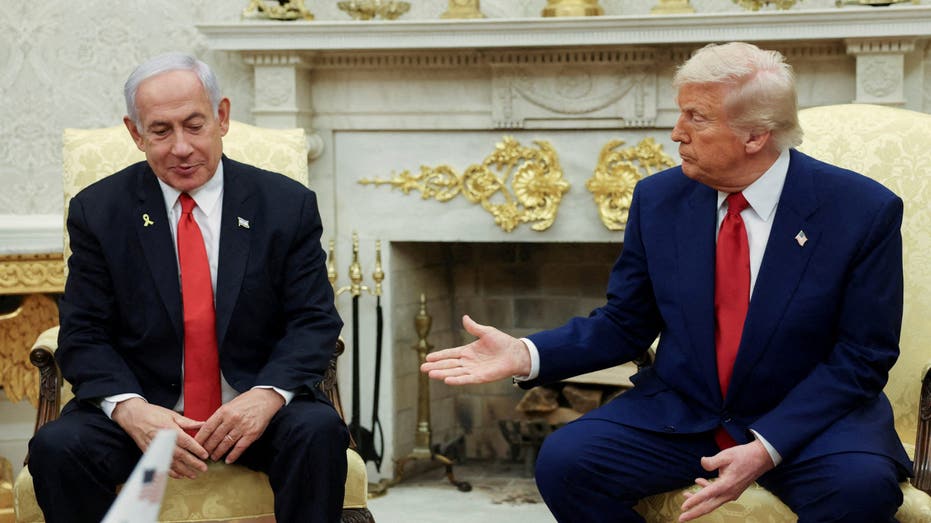
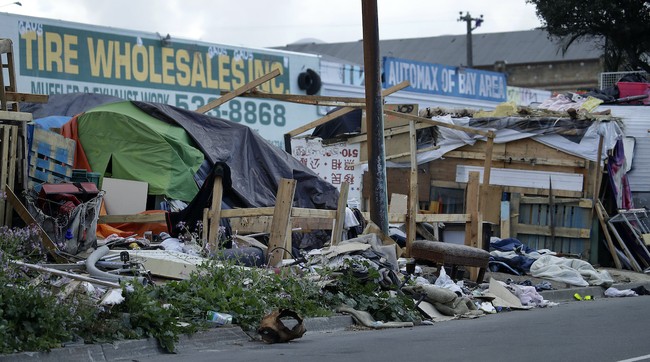
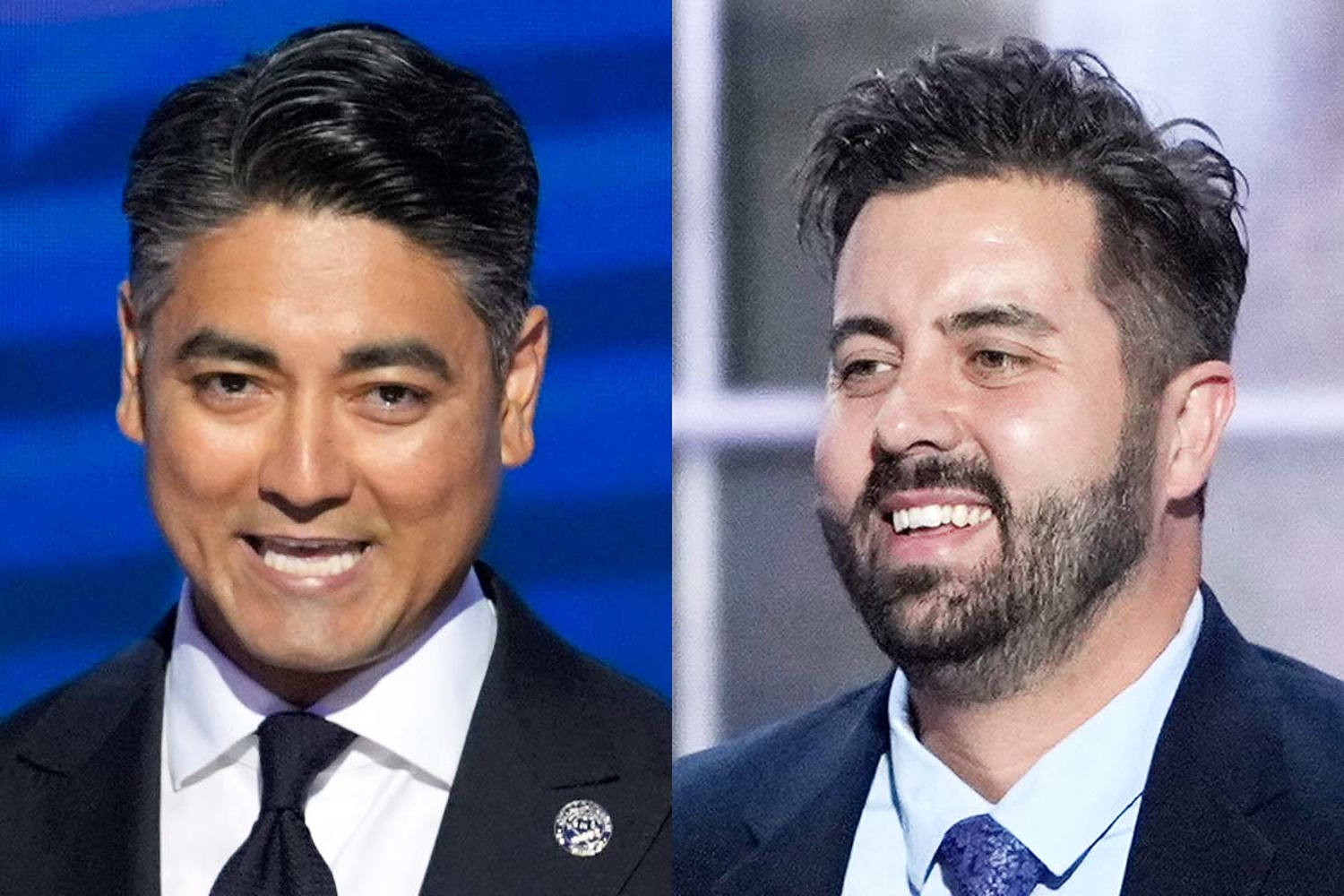

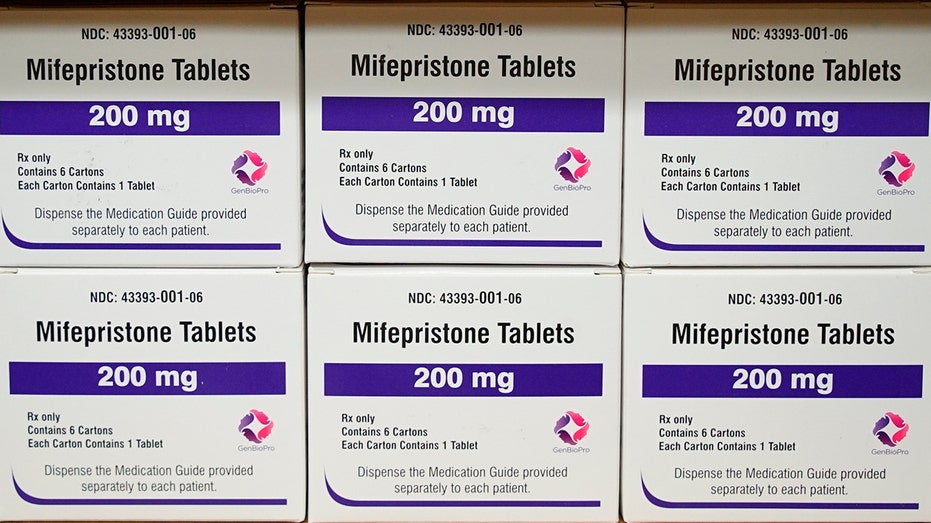


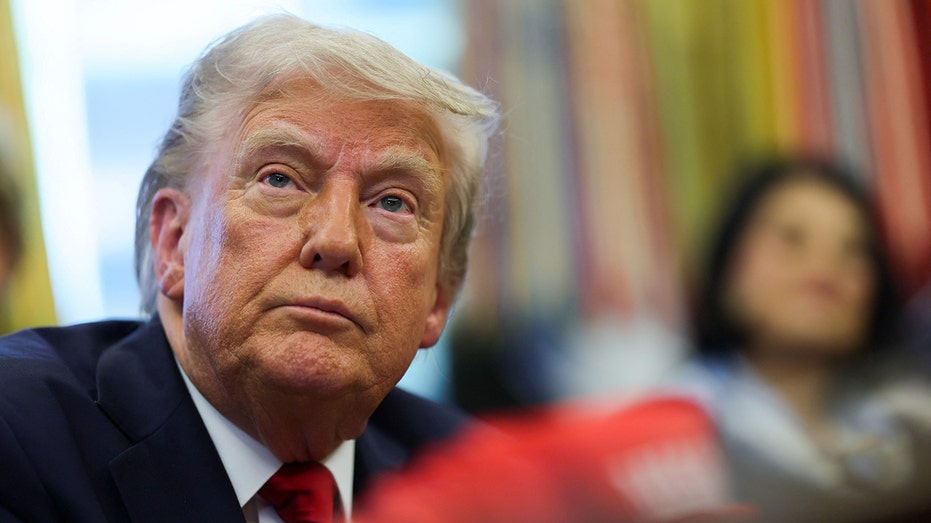
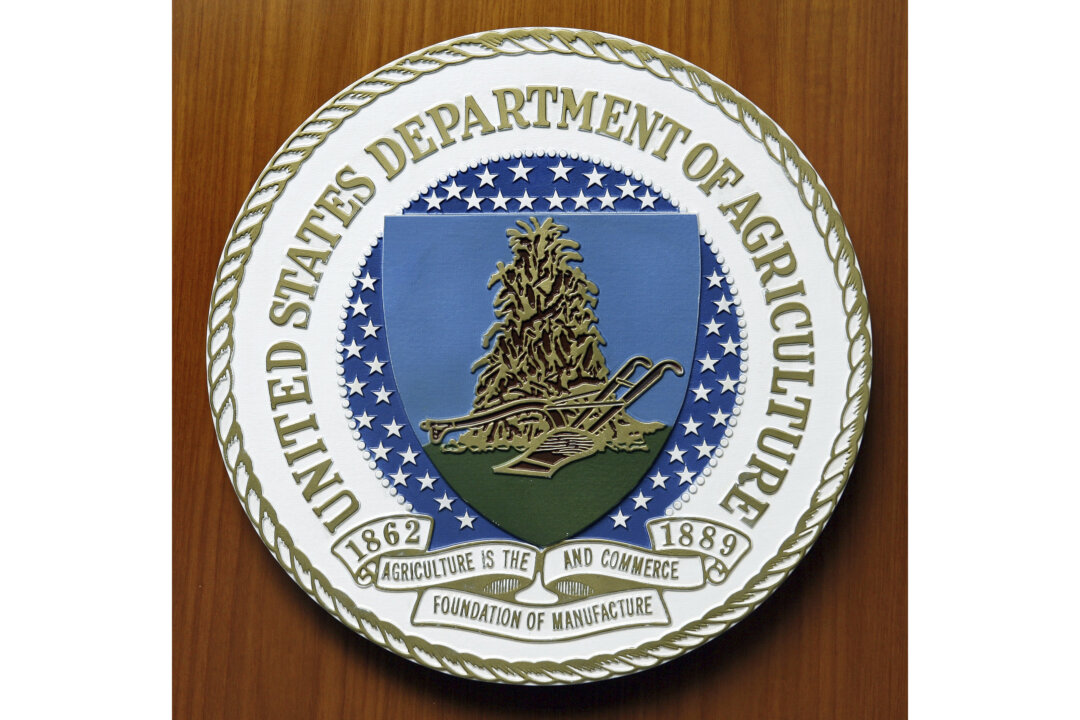

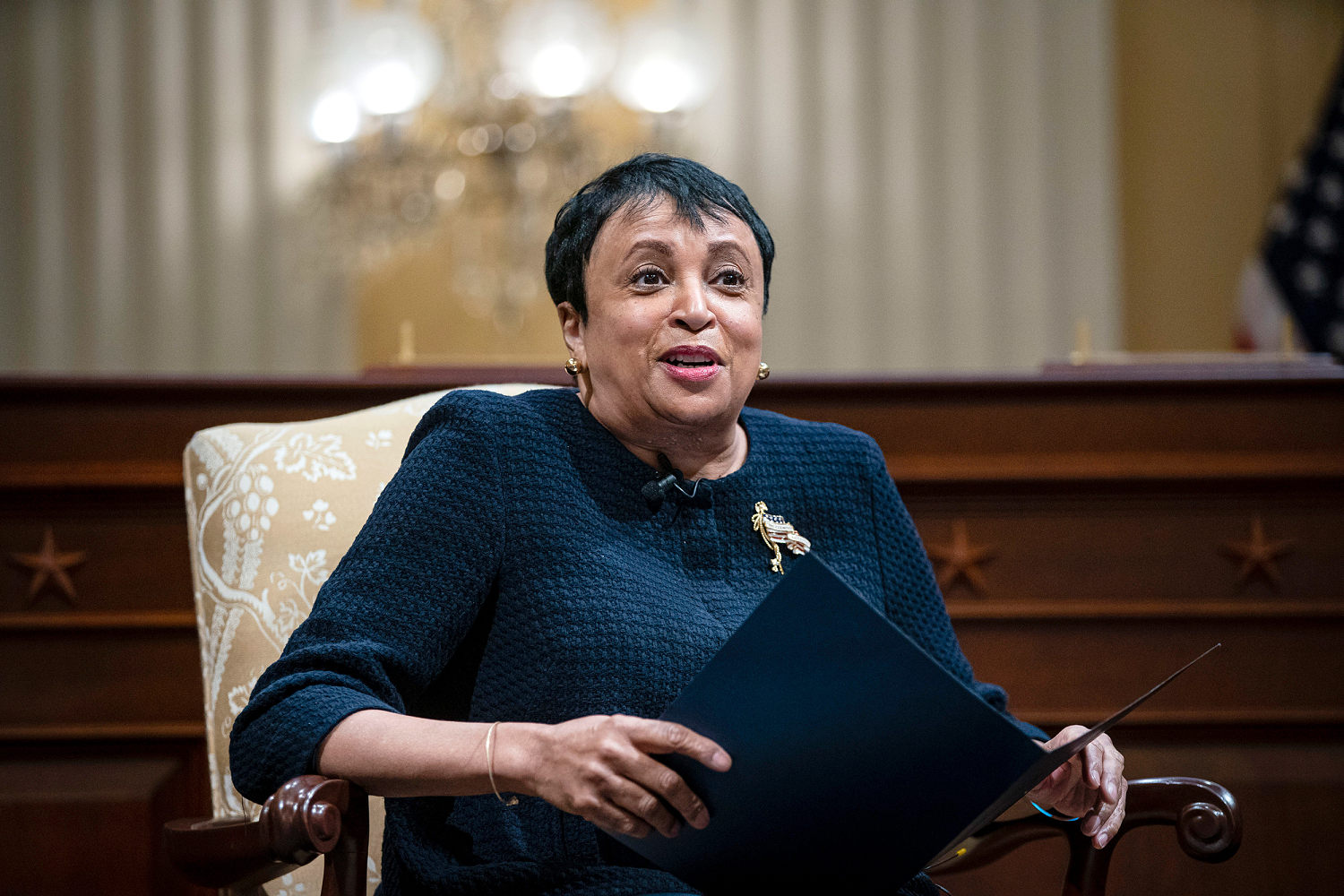
 English (US)
English (US)